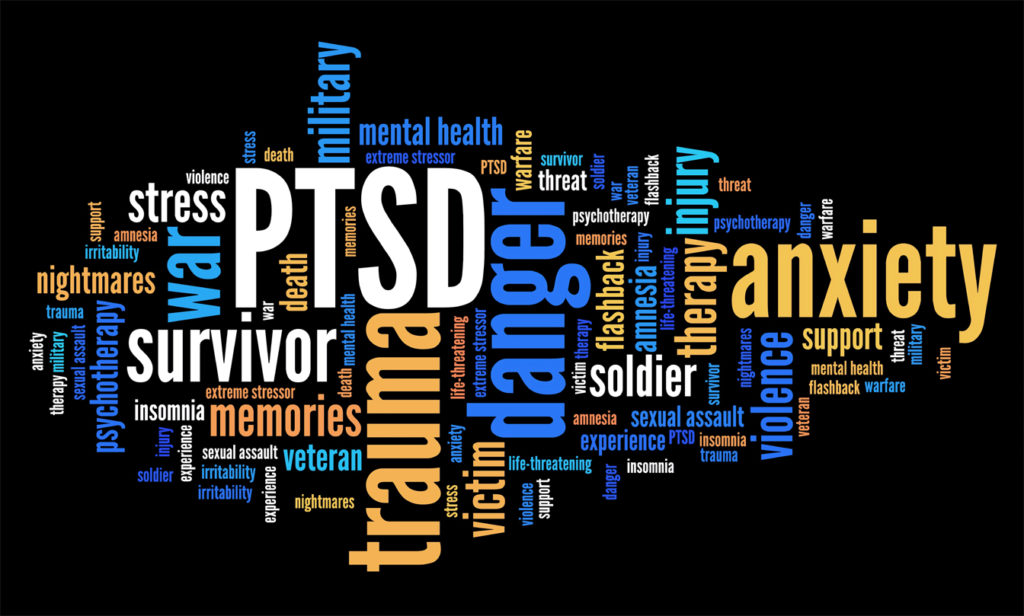Mental Health and How to Improve Mental Well-being
What is Mental Health?
If you ask yourself the question ‘What is mental health’? We realise that we hear the expression often. It is often used for conditions such as anxiety or depression and even schizophrenia. According to the World Health Organisation mental health is “a state of well-being in which every individual realises his or her potential, can cope with the normal stresses of life, can work productively and fruitfully, and contribute to his or her community”. It’s interesting to turn the question around instead of ‘what’s the problem?’ instead it’s about ‘what’s going well?’ Mental health is about wellness instead of illness. We can put mental health at one end of the spectrum, representing how we feel and how well we are functioning and mental health conditions which characterise the symptoms that can affect thoughts and behaviour at the other end of the spectrum.
The World Health Organisation stresses that mental health is “more than just the absence of mental disorders or disabilities”. To have peak mental health, we need to look after ongoing wellness and happiness. They emphasise preserving and restoring mental health on an individual basis and throughout the world.
Many factors in peoples lives can affect their mental health. Interpersonal connections and physical characteristics all work to contribute to mental health disruptions. Interestingly, doctors recognise many conditions that are psychological disorders have biological roots. Mental health can affect our daily living, physical health and relationships.

Some of the more common Mental Health disorders
GAD – Generalised Anxiety Disorder
It is defined as an excessive worry that disrupts everyday living. People could experience some physical symptoms like restlessness, tense muscles, fatigue and interrupted sleep. There can be no trigger for feeling anxious, and some simple living functions like keeping appointments might be difficult.
Panic Disorders
A panic attack is when you suddenly feel overwhelmed by terror or have a sense of imminent disaster and death.
Phobias
There are three different types of phobia. 1. Simple phobia where you have a disproportional fear of specific objects or animals and even scenarios. Spiders are a prevalent example. 2. Social phobia, or sometimes called social anxiety, is a fear of being subject to others’ judgment. This will result in restricting exposure to social environments. 3. Agoraphobia is a fear of situations when getting away might be difficult. This could be in a moving train or in an elevator. Doctors don’t know every type of phobia and phobias are deeply personal. Sometimes they can be so severe that they dominate daily life.
(OCD) Obsessive-Compulsive Disorder
This is an anxiety disorder that affects numerous amounts of Australians. It often begins in late childhood. People with OCD experience persistent, recurrent thoughts or images that are unwanted and intrusive. They perform repetitive actions that are excessive. It can be time-consuming and distressing.
(PTSD) Post-traumatic Stress Disorder
This often occurs in people who experience or witness a deeply stressful or traumatic event where they have no control over what is happening and may feel very afraid.
Mood Disorder
Mood disorders may also be referred to as affective disorders or depressive disorders. People experience significant mood changes, which may include a period of high elation or energy called mania. There are several mood disorders. 1. Major depression – a consistently low mood with a loss of interest in events and activities which was previously enjoyed. Also long periods of extreme sadness. 2. Bipolar disorder – A massive change in energy levels, mood and activity are experienced. So much, so that daily life is impossible. The high periods are known as manic, and the depressive phases bring on low mood.
Schizophrenia disorder
Schizophrenia is a very complex condition. Typically it is developed between the ages of 16 and 30. Thoughts are generally fragmented, and it is hard to process information. They can experience delusions, hallucination and thought disorders. More extreme symptoms are withdrawal, flat mood and lack of motivation.
What are some Risk Factors for Mental Health Conditions
We all have some risk of developing a mental health disorder. This is regardless of our sex, age, ethnicity or income. People with mental health often have more than one condition at a time, and below are some of the contributing factors.
- Financial and social circumstances.
- Biological Factors
- Lifestyle choices
It is vital to stress that good mental health will depend on a delicate balance of factors. There are many elements in our life and the world that can work together to contribute to disorders.

The Benefits of staying Well
When we look after our mental health, it can preserve our ability to enjoy life. In doing this, we need to strive to balance responsibilities, life activities, and efforts to achieve psychological resilience. It is easy to disrupt our routine and affect our mental health with conditions such as anxiety, depression and stress.
Research has found that mental health conditions can cause distress and will probably impact our day-to-day relationships. Our ability to function and worse still is associated with poor physical health and potentially premature death from suicide. Simultaneously, high levels of mental health are associated with creativity and productivity and increased learning, plus more pro-social behaviour and positive relationships. We can also experience improved physical health and life expectance. Mental health is complex, and its important to be diagnosed with mental health conditions when we are feeling well in many other aspects of our lives.
The Importance of Self Help
People who suffer from mental health difficulties will see the need to make lifestyle changes to facilitate wellness.
Some lifestyle changes
- Reducing alcohol intake
- Sleep more
- Eat a nutritious and balanced diet.
- Take time out from work to resolve issues.
- Relaxation techniques like meditation, deep breathing and mindfulness
- Have a support network: either friends and family or self-help groups.
- Some people find taking natural supplements can help.
Ultimately, mental health should be about being cognitively, emotionally and socially healthy – it’s all about the way we feel, think and develop relationships – It is not just the absence of a mental health condition.
If you or someone you know is struggling with their mental health, please make use of the numbers provided below. There are people here to help.








Add comment
You must be logged in to post a comment.